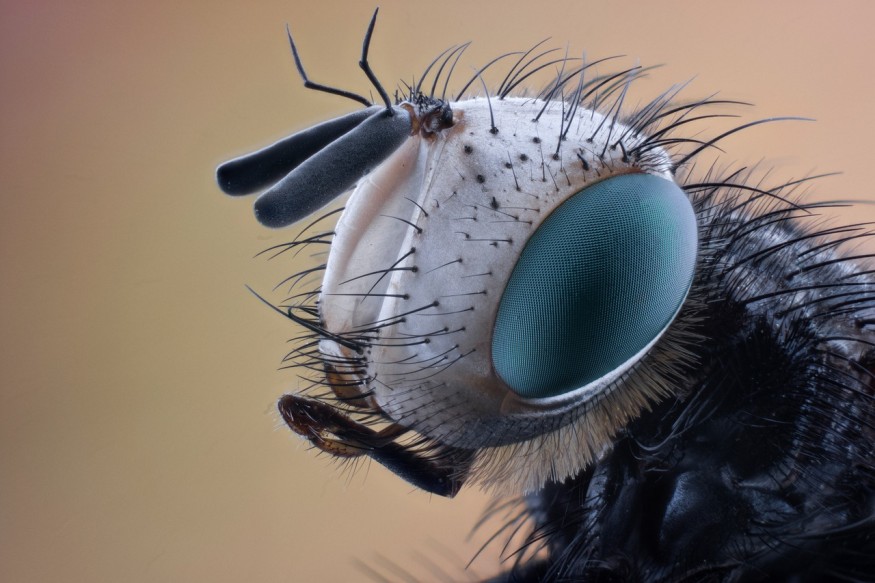Insect evolution is affected by climate change which prevents certain insect groups, including flies, from reaching their full evolutionary capability or ongoing biological divergence.
This is according to a new study's simulated climate warming, which projects that such event could occur in the coming decades. Climate scientists previously warned about the impact of climate change to other insect species.
Evolution is a complex biological phenomenon and is influenced by a myriad of environmental and ecological factors. Now, the study suggests that even climatic elements can hinder or alter the progress of evolution among members of a certain fruit fly species called Rhagoletis pomonella. They are commonly known as apple maggots or railroad worms.
The insect population in general is abundant today and sometimes comes in swarm. However, their evolutionary lineage can be traced back to giant insects millions of years ago. Ancient insects, just like other animal groups, are known for being molded by their surrounding environment at a time when atmospheric and climatic factors are different.
Climate Change

Climate change does not only affect current evolutionary processes among members of the said fly species but it also alters the phenology of their community interactions under an ecological speciation system, according to the new study published in the journal Ecology Letters.
The researchers arrived at their conclusion by measuring the response of R. pomonella flies with their host fruits and parasitoid wasp communities by applying warmer temperatures. The team discovered that warming led to shifts in fly phenology which can decrease temporal isolation, potentially restricting or limiting ongoing evolutionary divergence.
Giant Insects
If one is afraid of insects in our times today, the potential fear is immeasurable to the giant insects that once roamed the planet. According to a study by the University of California, Santa Cruz in 2012, their largest size occurred 300 million years ago, but they went extinct due to the emergence and evolution of birds.
These ancient insects roamed the prehistoric skies at a time when Earth's atmosphere was excessively rich in oxygen. Based on the 2012 study, the arrival of birds 150 million years ago resulted in the shrinking of insects despite the continuance of oxygen level rise.
Insect Evolution
While previous research on insects relates their evolution with oxygen, its linkage to climate change somehow offers a new perspective.
In a separate study published in the journal Nature Climate Change, researchers suggest 65% of the insect populations they have sampled could go extinct by the 22nd century due to climate change, as cited by the National Aeronautics and Space Administration (NASA).
The decrease or extinction of some insect populations, including flies, could alter the current ecological systems. After all, insects are known for supporting the process of pollination to produce flowers, fruits, and vegetables.
Related Article : Metamorphosis Major Contributor to Insect Diversity
© 2025 NatureWorldNews.com All rights reserved. Do not reproduce without permission.





